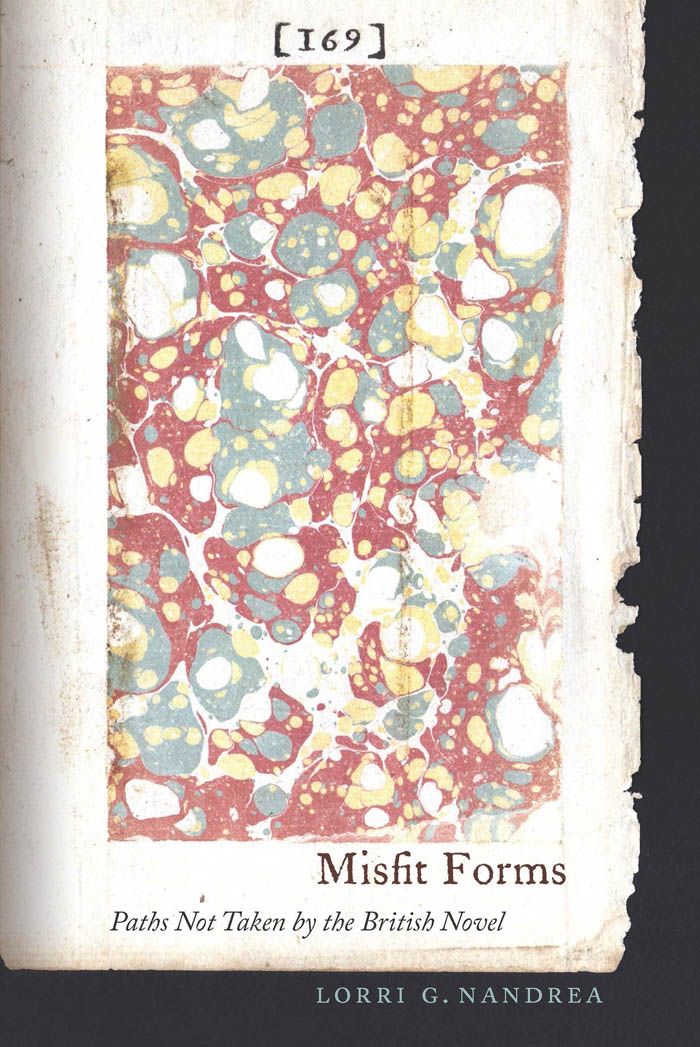Misfit Forms
Paths Not Taken by the British Novel

This book can be opened with

The complicated junctions negotiated by the novel during the eighteenth century reveal not only achievements but also exclusions. Misfit Forms offers a speculative reconstruction of roads less traveled. What if typographical emphasis and its associated transmission of sensuality and feeling had not lost out to “transparent” typography and its paradigms of sympathetic identification? What was truncated when cumulative narrative structures were declared primitive in relation to the unified teleological plot? What visions of the novel’s value as an arena for experience were sidelined when novel reading was linked to epistemological gain?
Reading novels by Sterne, Charlotte Bronte, Defoe, Gaskell, Hardy, and Woolf in tandem with less-known works, Nandrea illuminates the modes and techniques that did not become mainstream. Following Deleuze, Nandrea traces the “dynamic repetitions” of these junctures in the work of later writers. Far from showing the eclipse of primitive modes, such moments of convergence allow us to imagine other possibilities for the novel’s trajectory.
There is much to admire in this study. One of the book's strengths is that it presents us with a theoretical framework capacious enough to include works from many different historical periods, from the early eighteenth century through modernism.
. . . an innovative, beautifully written, well-researched, and persuasive manuscript. It approaches a familiar subject--the history of the novel as it developed over the eighteenth and nineteenth centuries--and provides a strikingly new account of how it should be understood.

